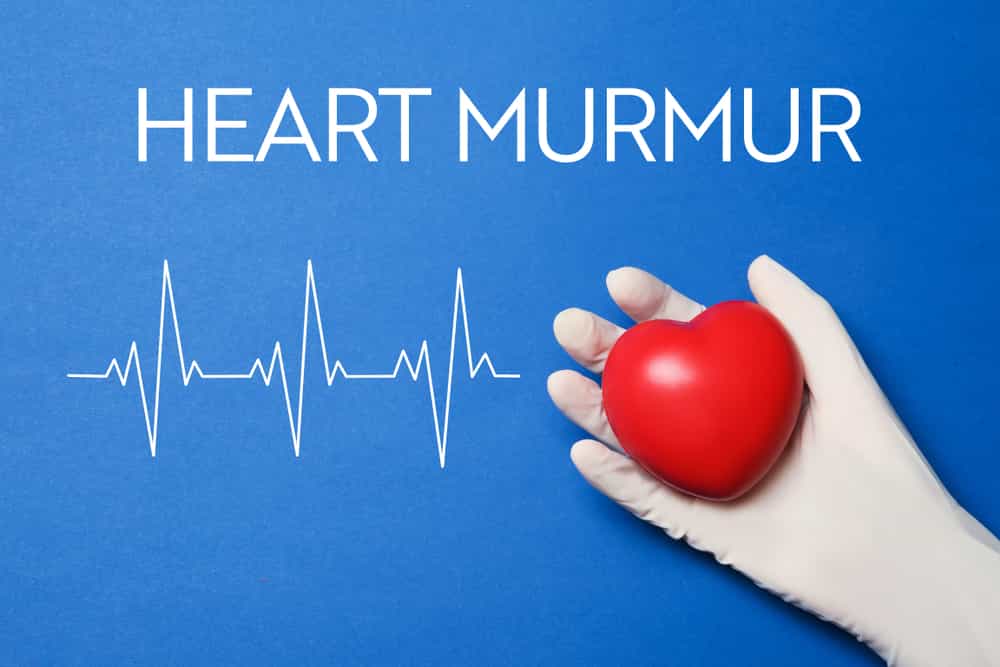Cardiovascular diseases are a significant cause of disease and the leading cause of death worldwide. But one of the main aspects of cardiovascular disease is that its complications are usually very sudden after a chronic and very slow progression. That’s why cardiovascular system evaluation should always be a part of the physical examination, even in patients who do not report cardiovascular symptoms.
Auscultation relies on a stethoscope to listen to heart sounds, providing important insight about heart function, heart valves, main arteries, and other aspects that cannot be evidenced in plain sight.
Heart murmurs are one of the most critical physical signs of the cardiovascular system. They are sometimes very dangerous or not problematic at all. Some of them only appear in particular circumstances while others are maintained for a long time. Doctors can find them for the first time in older adults with fragile health, but also in otherwise healthy children. For these reasons, heart murmurs deserve complete chapters in medicine books and an entire article, to say the least.
Overview
Heart murmurs are abnormal heart sounds resulting from a turbulent flow of blood across the blood vessels or heart valves. They are triggered by:
- Abnormally high blood flow speed passing through blood vessels or heart valves
- Normal blood flow speed passing through an irregular or constricted space before entering into a larger chamber
- Regurgitant or backward blood flow passing through an abnormal heart valve
It is a physical sign like fever, which can be very high or almost impossible to perceive, intermittent or continuous, associated or not with chills, and can be triggered by multiple causes. Like any other sign, the only way to know why it is showing up is by registering the sound’s timing, duration, and character. Other characteristics include its irradiation to other body parts and maneuvers that increase or decrease the sound.

Causes
Heart murmurs are only a sign evaluated by doctors in the physical exam. Just like fever, bruises, and edema, there are multiple diagnoses we can consider in the presence of murmurs. These are the most important:
